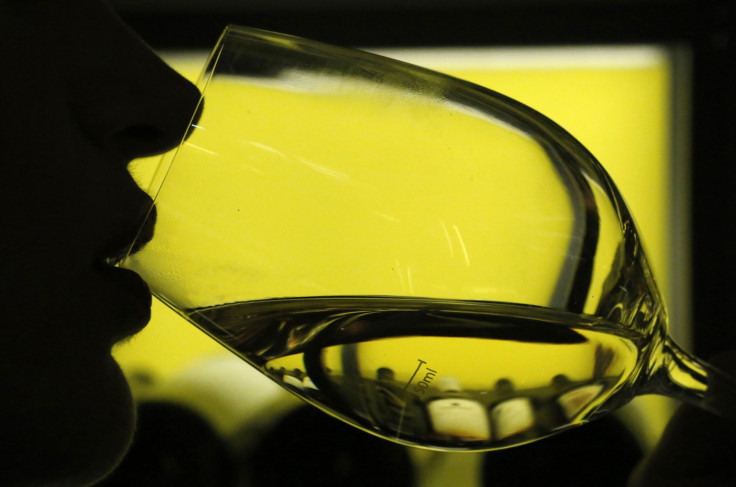Social Impact Of Drinking May Damage Your Life More Than Alcohol's Physical Effects

Drinking can damage your health and your life, but in how many ways? A new study from CU-Boulder’s Institute of Behavioral Science explores the social and psychological impact of drinking. In fact, many of the seemingly "soft" behaviors related to alcohol, such as quitting the gym, equate to an increased risk of death, the researchers say.
For the study, the researchers looked at the relationship between 41 common problems related to drinking and the risk of death. Some problems studied by the researchers included drunk driving, depression, missing work due to hangovers, arrests, losing ties with friends and family, drinking more than intended, and unsuccessfully trying to cut back.
Data used in the study had been collected in 1988 as part of the National Health Interview Study, which examined the drinking habits of roughly 40,000 people, all adults over the age of 21, across the United States. The researchers also accessed death records to see how many and which respondents died between the time of the survey and 2006. After gathering the data, the science team crunched the numbers, using statistical controls to rule out alcohol consumption levels and some other factors, in order to discover the true relationship between behavior and death rates.
Surprisingly, issues like drunk driving or performing other risky activities while drunk did not result in a significant increase in mortality.
Instead, the researchers found the social fallout from drinking — for instance, losing your job or having your husband (or wife) threaten to leave you — were equally or more strongly linked to higher death rates than some of the expected physical consequences of alcohol abuse.
Self-Control
The researchers also quantified the very real risk of losing all or even some portion of self-control as a result of drinking. A quarter of the respondents reported experiencing a strong urge to drink, for instance, while nearly as many (23 percent) said they would drink unintentionally. Meanwhile, one in five respondents reported drinking longer than expected. For those who experienced a strong urge to drink over the past year, 19 percent were light drinkers, 40 percent were moderate drinkers, and 57 percent were heavy drinkers. In short, many people, even some who drink very little, feel out of control around alcohol.
Respondents who said they’d cut down on social or sports activities due to drinking were found to have a 46 percent higher risk of death. Strangely, participants who had experienced an intervention by doctors, family, or friends appeared to have a 67 percent greater risk of death over the 18-year study period. And, those who attended Alcoholics Anonymous meetings in the past year had a 45 percent higher risk of mortality. An intervention and AA suggests a person’s drinking may be far gone or complicated by other substance abuse issues, noted the researchers.
“Alcohol consumption does not have a clear dose-response relationship like smoking, for instance,” Dr. Richard Rogers, a sociology professor and lead author of the study stated in a press release. While some studies focus on the benefits of light drinking, he said, “it also can create social problems for some individuals.”
Source: Rogers RG, Boardman JD, Pendergast PM, Lawrence EM. Drinking problems and mortality risk in the United States. Drug and Alcohol Dependence. 2015.



























